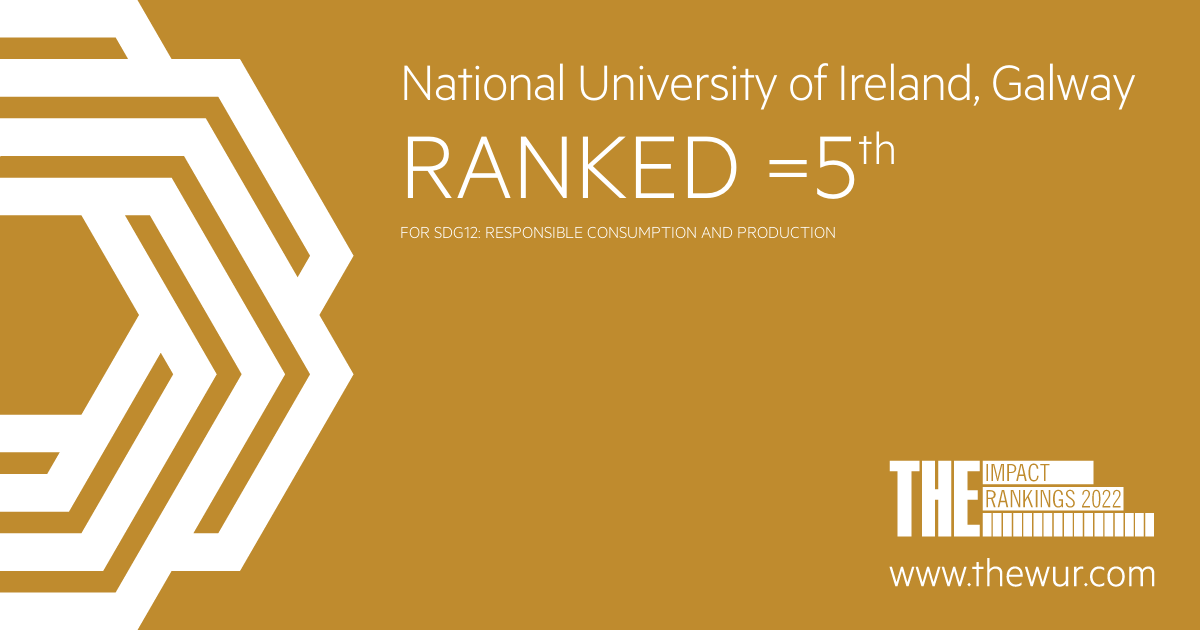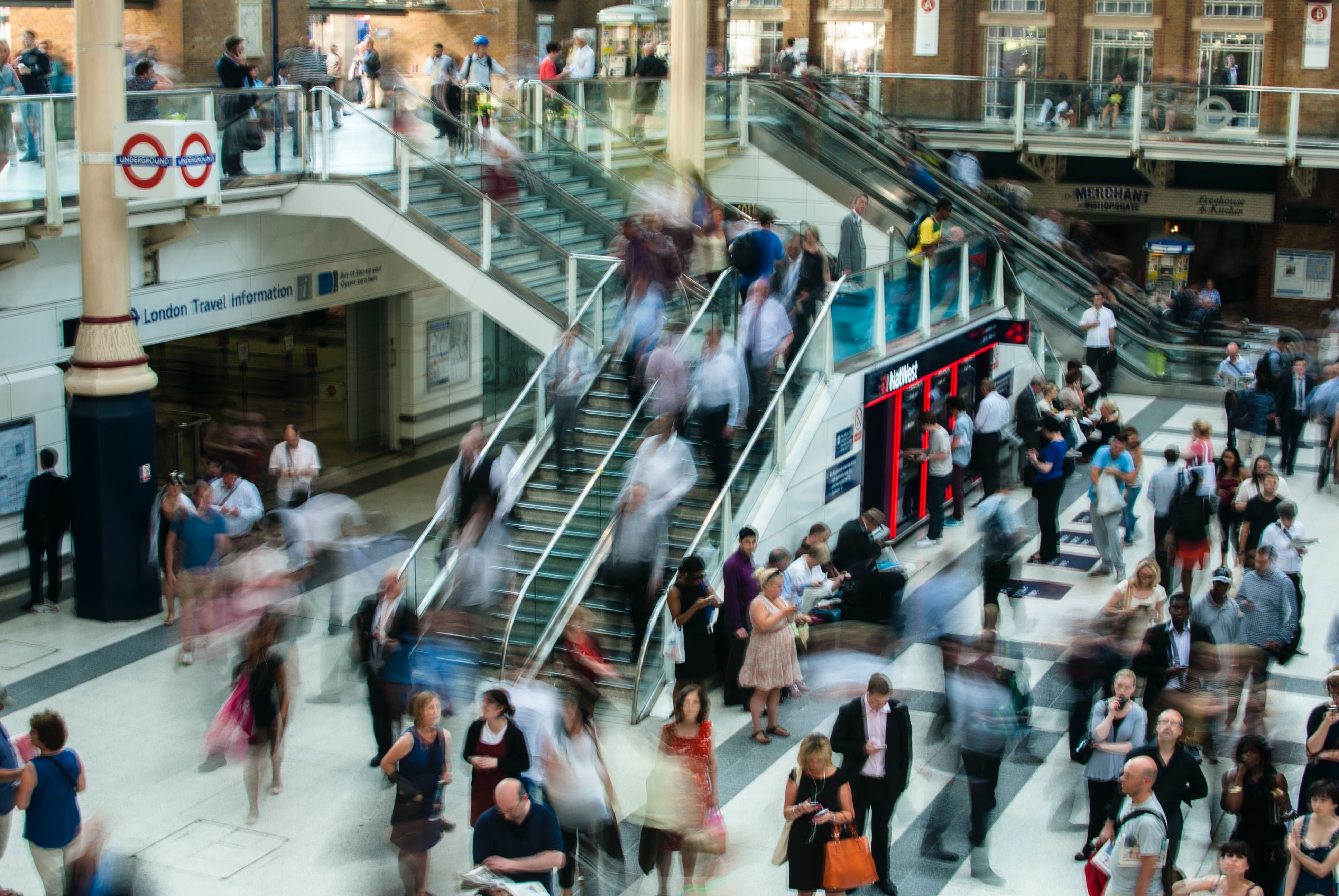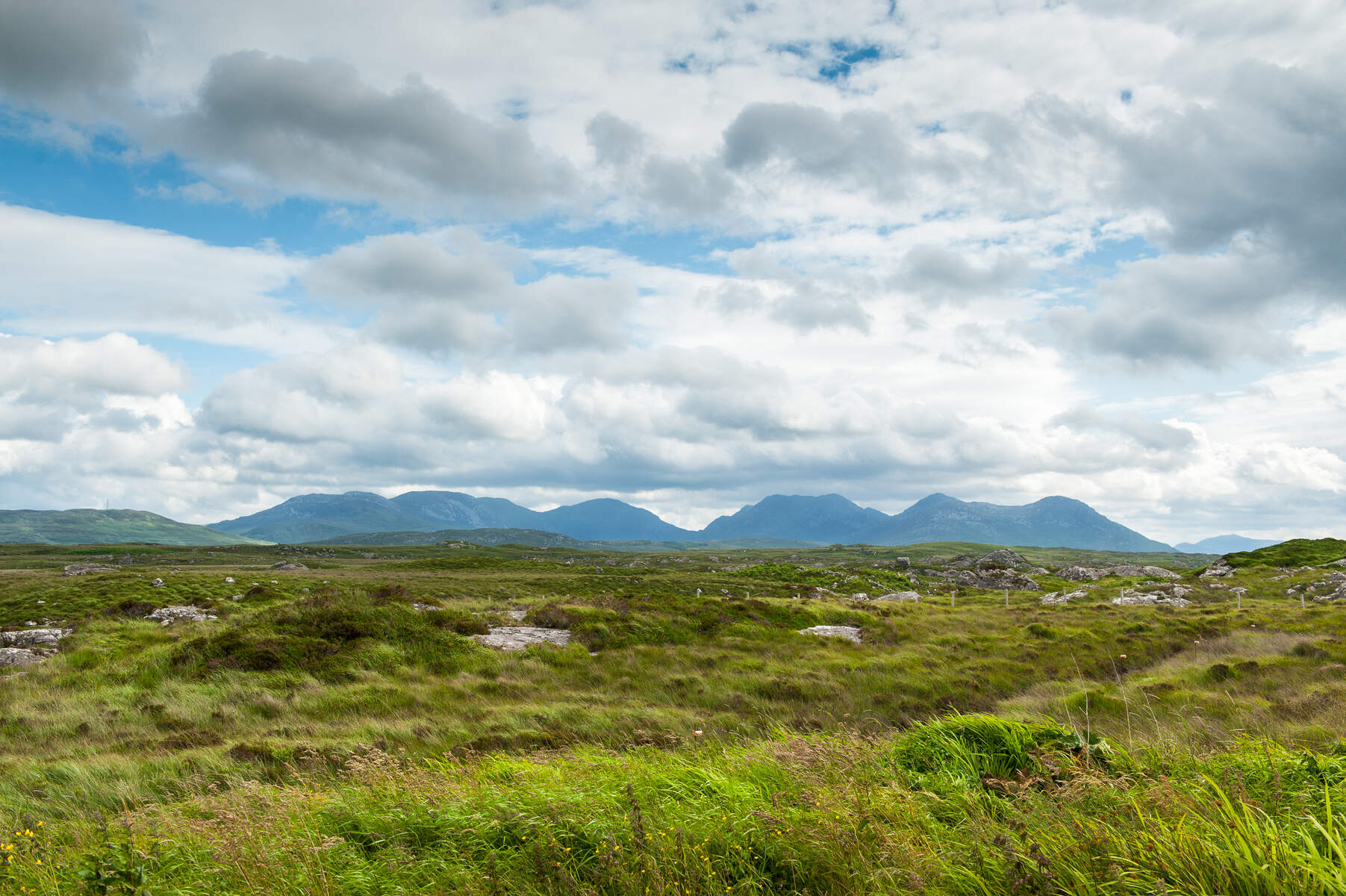
With experts in political science, sociology, economics, geography, and law, the Environment, Development and Sustainability (EDS) cluster at NUI Galway is a research leader in the area of sustainable consumption and production and everyday sustainable practices.
Its research challenges the efficacy of focusing on consumption in isolation from other associated and supporting practices when attempting to redirect living onto more sustainable pathways. This is framed through an examination of various consumption practices – energy, water, food and waste – as well as other themes such as sustainable cities and the circular economy.
This work is supported through numerous successful European projects in 2021. One specific example of EDS’s 2021 research is work on the development of ‘consumption corridors’ i.e., creating space for sustainable consumption by defining minimum and maximum consumption standards that permit individuals to satisfy their needs and to live a life they value without impairing the possibility of a good life for other people.

CAMPAIGNers Horizon 2020 project
Encouraging low-carbon lifestyles in cities is a crucial challenge for behavioural science and governing just sustainable transitions. Understanding what drives people’s decisions is crucial for creating effective policies and supports, especially when many people have limited experience with the low-carbon lifestyle choices available to them.
NUI Galway is the lead social science partner on CAMPAIGNers, a landmark three-year international, interdisciplinary project supported by Europe’s Horizon 2020 research funding. Led by Prof Frances Fahy, the NUI Galway team is Dr Kathleen Stokes, Dr Aurianne Stroude (Geography NUIG) and Dr Mike Hynes (Sociology and Political Science), CAMPAIGNers works across five continents and 16 major cities with over 20 million residents and commenced in May 2021.
CAMPAIGNers is developing a ground breaking approach which focuses on mitigating climate change by motivating low-carbon lifestyles for urban citizens across various consumption domains (e.g. transportation, energy, IT, banking, insurance, food, water).
Its innovative approach will implement an app-based ‘goal-setting network’ co-created with the active participation of municipalities, where over 100,000 residents receive and create challenges to adapt to their daily consumption patterns and lifestyle habits.
Responses to these challenges will deliver unprecedented data of behavioural processes, and (local) motivators and barriers to change, resulting in empirically-based scientific support that encourages more sustainable consumption and low-carbon lifestyles. CAMPAIGNers will ‘right-level-to-act’ policy recommendations for multi-level policy and EU Strategy Support, thereby contributing to the objectives of the IPCC.
The COVID-19 global pandemic has forced many people to try out and establish different consumption practices, some of which are in favour of decarbonisation targets (such as more virtual meetings, working from home, or choosing nearby vacation destinations), while others may run contrary to low-carbon goals (for example, increased in individual daily energy use and increased use of private vehicles over public transport). Recognising that some of these lifestyle changes may be reversed once the pandemic is over, other practices may remain and leave a long legacy. The CAMPAIGNers research team will explore opportunities to reinforce low-carbon consumption behaviours across cities in Europe, and beyond.
CAMPAIGNers is one of a number of large-scale European projects addressing Sustainable Development Goals 11 (Sustainable Cities and Communities) and 12 (Ensure sustainable consumption and production patterns). NUI Galway is making great strides in tackling society’s evolving sustainable development challenges and we are working to develop our graduates as future sustainability leaders,” says Prof Fahy. “The CAMPAIGNers project provides more social scientists in NUI Galway with valuable opportunities to build on our existing significant sustainability research profile and more importantly, to work with Local Authorities and policy makers in cities all over the world on the transition toward sustainable futures. I am extremely proud to work in our world class university which has embraced Sustainability as one of its core values.”

Sustainable Consumption & Psychology
Sustainable consumption is a core focus of the new MSc in Consumer Psychology. In this programme, students employ data analytics and psychological theory to understand consumer. These students learn to develop consumer-focused solutions that encourage sustainable and ethical consumption patterns.
“Our students love the focus on sustainability because they see the reality of the world they are going to be living in and want to make it a better place,” says Dr Denis O’Hora, director of the MSc. “On the other hand, our industrial partners see the practical benefits of the long-term consumer engagement that sustainable and ethical approaches facilitate.”
“Our focus on sustainability is three-fold; we consider environment, economy and community. In each of these three areas, our input should maintain and enhance the current situation, driven by questions such as ‘Will our planet support our enterprise?, ‘Will our enterprise preserve and benefit from the economy in the longer term?’, ‘Are we enhancing our community?’, ‘Who will support our enterprise?’. Building empathetic and respectful relationships with our consumers is essential, commercially and ethically. Geo-political changes such as Brexit or the Belt and Road initiative will require employees who understand where their consumers come from, literally and figuratively.”

Applied Systems Thinking cluster
Combining research and knowledge from business, management, marketing, economics, public policy and the social sciences, the Applied Systems Thinkingcluster researches pressing societal problems like climate action, sustainable consumption, sustainable tourism, antibiotic resistance and renewable energy.
The group looks for community and collective initiatives that bring about positive social change. It combines policy insight, stakeholder engagement and private sector expertise to develop innovative every day solutions, improved governance systems, and the capacity of the public to influence those who make decisions affecting their lives and well-being.
The research and teaching agenda of the Applied Systems Thinking cluster is as wide ranging as Sustainable Consumption. A combination of academic and practical methods, an understanding of provisioning systems, behavioural sciences, participatory processes and social movements, and use of community intervention and knowledge partnerships, has enabled the cluster to develop participant-led expertise on society-wide problems relevant to United Nations (UN) Sustainable Development Goals (SDG) #12.
For example, led by Prof Christine Domegan EU LIFE IP Peatlands and People is Ireland’s climate action catalyst, supporting the realisation of a carbon neutral, climate resilient and environmentally sustainable country. The vision for this 7.5-year project is to see our peatland landscapes and our lives transition and transform before our eyes, as our world advances towards a bio-diverse and sustainable society.The three project pillars, Ecology, Economic and Cultural/Social, work together to restore and rehabilitate peatlands across Ireland’s midlands as well as establish a business accelerator programme and design an immersive visitor attraction for educational and systemic transformation.
Peatlands are incredibly vital to our lives – they are our rain forests helping to fight climate change by capturing and storing carbon, but also improve water quality, reduce the risk of flooding, support habitats and protect biodiversity. They are places for amenity use and offer opportunities for sustainable tourism and low-carbon energy.
The People’s Discovery Visitor Experience will use the backdrop of Ireland’s peatlands to show what can be achieved, allowing you to step into a hidden world – a rich, physical, immersive and absorbing landscape that empowers imagination, creativity, curiosity, discovery, and innovation. It gives people a glimpse of this future, sending them home with the power to be agents of change through their workplaces, communities and lifestyle choices.
“Changing our behaviours and our systems is not an event nor a simple process. It takes time and understanding if sustainable outcomes are to be achieved for communities, their everyday lives and society. Change happens at ground level, where action is possible and new and exciting initiatives and collaborations take place. The People’s Discovery Visitor Experience will use fun, unique experiences and demonstrations that talk to the head, heart and hands to bring about this sustainable consumption change,” says Prof Christine Domegan.